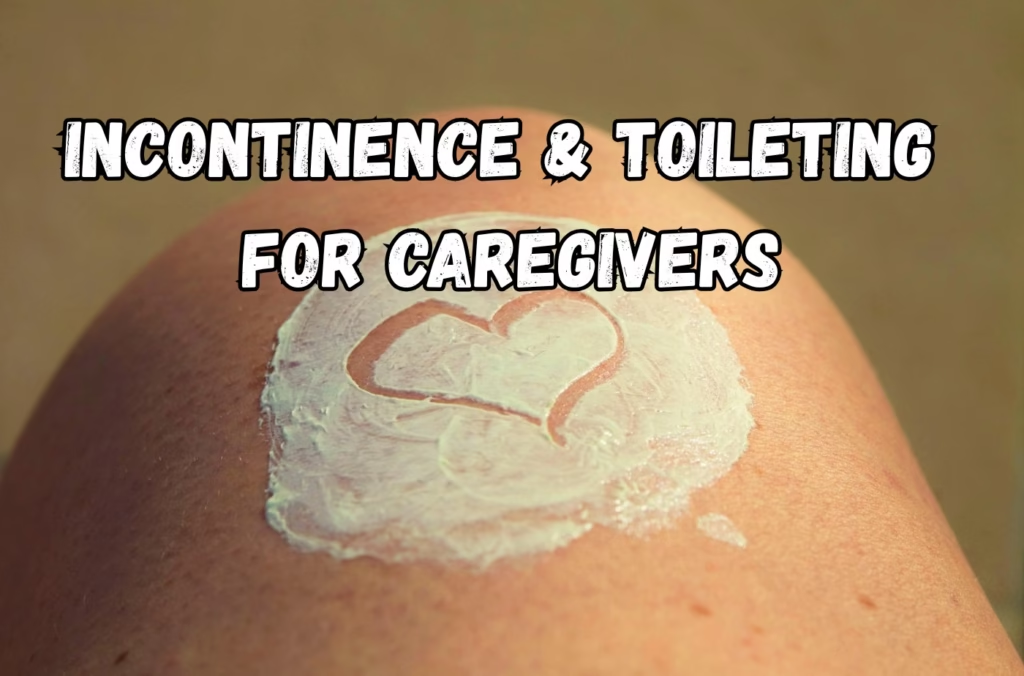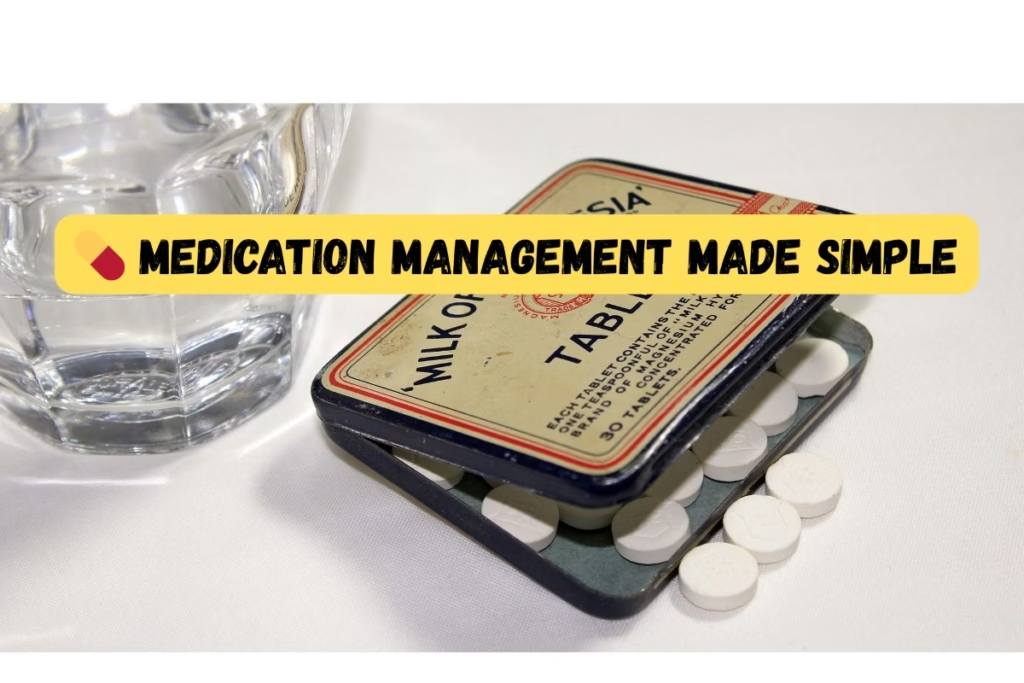In todayâs fast-paced world, caregivers are constantly seeking tools to enhance their efficiency and provide the best care possible. Caregiving apps for smartphones have emerged as modern-day essentials, offering features that streamline coordination, monitor health, and ensure the well-being of those in their charge. Exploring these apps can dramatically uplift the quality of care provided.
1. Streamlining Daily Caregiving Tasks
Organizational Apps for Caregiver Schedules
Managing a caregiving schedule can be a daunting task, but with the right organizational tools, it can be much more manageable. Apps like CaringBridge are designed to centralize various caregiving activities, allowing you to set tasks, assign them to different family members or caregivers, and track their completion. With such an app, you can easily create a shared calendar that everyone involved in the caregiving process can access.
Additionally, apps like Lotsa Helping Hands facilitate the coordination of meal deliveries, rides, and other necessary services, which can unburden the primary caregiver and involve the community in supporting the person in need.
Reminder Systems for Medication and Appointments
One critical aspect of caregiving is ensuring that medications are taken on time and appointments are kept. Caregiving apps for smartphones come to the rescue with built-in reminder systems. Medisafe is a user-friendly app that provides medication reminders, ensuring doses are not missed, and also offers a tracking feature for medication inventory.
For more comprehensive care, CareZone offers a suite of tools including a medication scheduler, appointment reminders, and even a journal to log any notable health observations. This can be invaluable in keeping the healthcare team up-to-date with the patient’s condition.
Communication Platforms for Caregiving Teams
Clear and efficient communication is essential in a caregiving team to ensure that everyone is informed and coordinated. Apps like Carely are specifically designed to enhance communication between family members and professional caregivers. It offers a singular place for messaging, updates, and important information sharing.
Trello, while not exclusively a caregiving app, also provides a versatile platform for organizing tasks and sharing information. By creating boards and lists, caregivers can visualize the tasks that need to be done and make sure nothing falls through the cracks.
Each of these apps can be instrumental in streamlining daily caregiving tasks, offering both peace of mind for caregivers and a higher quality of care for the recipient. Embracing these digital tools can make a significant difference in managing the complexities of caregiving.
2. Health Monitoring and Management Apps
Of course, let’s discuss the handy features of caregiving apps for smartphones which are revolutionizing the way caregivers manage health-related responsibilities for older adults and individuals with chronic conditions.
Medication Tracking and Health Record Keeping
Managing medications can be a complex task for caregivers, but smartphone apps have significantly simplified this process. These apps allow you to track medication schedules, receive reminders for dosages, and document side effects. For example, MyMeds is an innovative app that helps list all medications and set up reminders. It also enables users to keep a digital log of medications taken, which is essential for maintaining an accurate health record. This feature greatly reduces the risk of medication errors, a common concern in caregiving.
Moreover, health record-keeping apps allow caregivers to store and manage health information for multiple individuals in one place. Apps like CareZone offer a secure way to store doctors’ notes, diagnosis information, and other medical records. By keeping this data at your fingertips, you can ensure quick and easy access during medical appointments or emergencies.
Nutrition and Diet Planning Tools
Good nutrition is paramount for maintaining health, particularly in older or chronically ill individuals. Caregiving apps that focus on nutrition aid in creating balanced meal plans and can even generate shopping lists based on dietary needs. The app MyFitnessPal is a popular choice, allowing caregivers to track not just calories but also the macro and micronutrient intake of their dependents. Such tools help in ensuring that meals are nutritious and in line with any specific dietary requirements or restrictions.
Exercise and Physical Therapy Assistance
Physical activity is crucial for maintaining health and mobility. Some apps have been designed to assist with exercise and physical therapy routines. These apps provide visual and auditory guidance through workouts that are tailored to individual needs and limitations. Physiotherapy Exercises is one such example, offering a range of exercises recommended by physiotherapists. This can help caregivers guide their loved ones through safe and effective exercise routines at home, promoting better physical health and potentially reducing the need for frequent in-person therapy sessions.
These apps encompass just a small section of the tools available on smartphones that can assist caregivers in providing the best possible care. By integrating these technological solutions, the complexities of caregiving can be managed more effectively, ensuring better health outcomes and quality of life for those who rely on these essential services.
3. Emergency Response and Safety
Quick Access to Emergency Services
In an urgent situation, every second counts, especially for older adults or those managing chronic diseases. caregiving apps for smartphones provide a lifeline by allowing caregivers or patients to quickly dial emergency services with just a few taps. For instance, apps like ICE Medical Standard allow users to store crucial medical information and contact emergency services rapidly. This feature ensures that immediate help is summoned and that first responders are well-informed upon arrival, thus potentially saving lives.
Location Tracking for Safety and Peace of Mind
For those caring for loved ones who may wander due to conditions like dementia, location tracking is indispensable. Apps such as Life360 or Find My Friends include real-time location tracking, which is a boon for ensuring the safety of individuals with cognitive impairments. With these tools, caregivers receive alerts if their loved one strays from a designated safe zone, allowing for swift action to ensure their safety and provide invaluable peace of mind.
Medical Alert System Integration
Modern caregiving solutions often integrate with medical alert systems to enhance the safety net for patients. Apps like Medical Guardian connect with wearable devices that can detect falls and automatically send alerts to emergency contacts or services. This seamless integration extends the capability of personal medical alert technology, ensuring that even if the patient cannot physically reach for help, assistance will be on its way.
Moreover, these systems typically come with a GPS feature, making it possible to pinpoint the exact location of the individual in need of help. This feature is particularly beneficial when venturing outside the home, providing an additional layer of security for both caregivers and their loved ones.
4. Support and Resources for Caregivers
Accessing Caregiving Support Networks
Caregivers often face the challenge of feeling isolated in their role, but technology has opened up new avenues for support. Many caregiving apps for smartphones now come equipped with features that enable users to connect with fellow caregivers through built-in communities and forums. These networks serve as a valuable resource, allowing users to share experiences, provide emotional support, and offer practical advice on caregiving challenges.
For instance, the app CaringBridge allows caregivers to create a private space online to keep friends and family updated on their loved one’s condition. Users can also receive messages of support from their community, which can be incredibly comforting during tough times.
Educational Resources and Guides within Apps
In addition to connecting caregivers with peers, smartphone apps can serve as repositories of knowledge. Many applications host educational resources and guides that cover a wide range of topics related to caregiving. These can range from articles on best practices, to video tutorials on administering medications properly.
Apps like CareZone offer extensive medication management features including the ability to scan bottle labels, ensuring correct dosages are administered. Additionally, it provides a wealth of information on various medical conditions, empowering caregivers with knowledge that can lead to more effective care.
Stress Management and Self-Care Reminders
Balancing the demands of caregiving with personal health and well-being can be difficult, but many caregiving apps recognize the importance of the caregiver’s mental health. To help manage stress, apps often feature stress management tools such as meditation guides and breathing exercises.
An example is the app Headspace, which offers guided meditation sessions that can help caregivers take a much-needed break to recharge their mental and emotional batteries. Alongside these tools, some apps send self-care reminders to encourage caregivers to attend to their own needs, be it taking medication, hydrating, or engaging in physical activity.
It’s important for caregivers to remember that taking care of themselves is not a selfish act, but a necessary one to maintain the stamina and resilience required for their caregiving duties. Tools that remind them to pause and practice self-care can significantly reduce the risk of burnout.
5. Customization and Accessibility Features
Tailoring Apps to Individual Needs
Technology plays a pivotal role in providing support to caregivers, where the right kind of customization can make all the difference. Not every caregiver’s scenario is the same, which is why personalizing applications to meet specific requirements is essential. For instance, apps like MyTherapy allow customization of medication reminders, while CaringBridge enables users to set up personal websites to keep others updated on their loved one’s health status, both tailored to the care situation.
Further, the task management tool of Lotsa Helping Hands presents an opportunity for caregivers to organize help from family and friends by customizing volunteers’ tasks and schedules. This tailored approach ensures that individual caregiver needs are addressed, making the care process more manageable and efficient.
Enhanced Accessibility for Older Adults and Caregivers
It is crucial that caregiving apps for smartphones are accessible to users of all ages and abilities, thus emphasizing the importance of enhanced accessibility features. Apps such as Be My Eyes offer visual assistance through a volunteer network, empowering those with vision impairments by connecting them to sighted helpers.
Moreover, voice-activated features found in apps like Seniors Phone transform the user experience for older adults who may struggle with touchscreens. By enabling simple voice commands, these individuals maintain their independence in using technology. Additionally, options for larger text and high-contrast modes in apps like Magnifying Glass with Light specifically address the needs of users with limited vision, making the digital world more inclusive.
In conclusion, caregivers and older adults benefit immensely from applications that offer customization and thoughtful accessibility options. These features ensure that the digital tools cater to individual needs and make technology a practical aid in the caregiving journey.
Interesting Insight: Caregiving apps for smartphones are not only about facilitating tasks; they can also foster a sense of independence for those being cared for. Features such as personalized reminders and health trackers empower individuals to take an active role in their own care routines, promoting autonomy and dignity.


